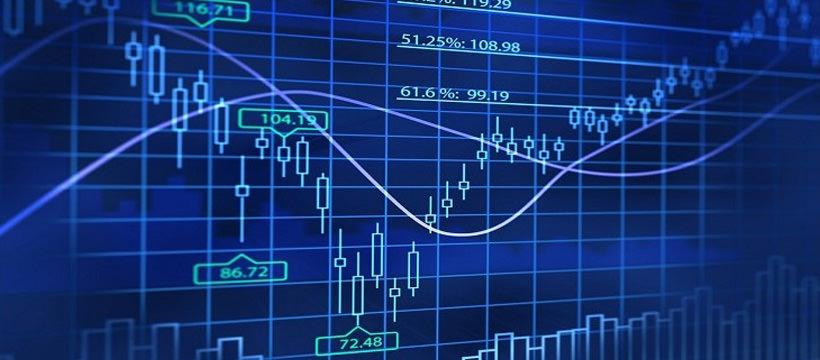10 Reasons Why You Failed at Forex Trading

Earning money with Forex trading is not easy. In fact, an updated statistic reveals that only 15% of traders end the year in profit. However, it's still worth trying and putting in the effort, because those who do make money earn significant amounts. When your trading activity doesn't yield the desired results, it's necessary to stop and understand where you're going wrong. Therefore, it's useful to know the reasons why a trader fails to make a profit. Here are ten of them.
Over-trading. This term refers to the tendency to "trade too much," i.e., placing an excessive number of orders. It's obvious that the more you trade, the more you expose yourself to risks. But the real danger isn't this, but rather the "vice" of not following a strategy. Those who over-trade are too emotionally involved. Maybe they're upset about the money lost, so like a hardened gambler, they try to make it back at the first opportunity without thinking about the consequences. Maybe they're euphoric about a winning trade, so they try to ride the wave and get carried away by enthusiasm. These are very dangerous attitudes because they lead to a progressive loss of clarity and are the result of a poor aptitude for discipline.
Poor risk management. Risk management is a fundamental resource for surviving in Forex trading, therefore, for understanding when the game is no longer worth the candle and it's time to withdraw. Good risk management, which essentially means risk planning, protects against excessive losses and thus lays the foundation for creating profit. Those who don't manage risk simply don't know how much they can lose and invest even when they shouldn't.
Lack of patience. Common sense portrays the image of a trader as a courageous investor, always ready to seize opportunities, hyperactive. The reality is quite different. The successful trader is a figure who knows how to wait, who loves reflection, and who always ponders their moves. Their virtue is not courage, but patience. This means waiting for the right opportunity, staying still even for a long time if the market is too risky. Those who fail to make a profit are often people who lack the necessary patience, who dive headfirst into trades without considering their choices.
Low level of attention. The reference is to the economic environment. A trader should always be aware of the events that will take place during the week. This is because the effects can be significant and nullify the analysis work. An analysis may be correct, but the market can take an unpredictable direction leading up to or following an event. A very common mistake, therefore, is not taking this aspect into consideration and trading as if nothing happened.
Overconfidence. In particular, confidence in others. Beginners often rely on the opinions of others, listen to what they read on forums, websites, etc. The problem lies in the difficulty of verifying the authority of those providing advice. In fact, it's not uncommon for the least capable to pontificate. Beware of taking their words as gospel truth. Therefore, it's wise to maintain a certain prudence and trust one's own judgment, having confidence in one's own analytical skills.
Minimal capital. If the capital is really small, you won't get anywhere. It's not just a matter of numbers, but also psychology. Those with a meager account tend to place less prudent trades with the implicit and explicit hope of seeing it grow as soon as possible. The result? Failure.
Incorrect stop losses. This is clearly a technical error. If the stop loss is "too optimistic," i.e., it goes too far, it fails to contain losses as it should. It's good to know that the stop loss should be positioned at specific points, corresponding to important support levels, never after.
Lack of discipline. It's an atavistic error, typical of beginners. In Forex trading, it's always better to obey. Whom? Yourself, of course. This means being faithful to your strategy, not being tempted by the desire to improvise, and adhering to the indications resulting from your money management. Those who refuse to do all this, or simply can't, stray from the path and rely on chance or, worse, their intuitive abilities.
Lack of self-knowledge. Knowing yourself in Forex trading has nothing spiritual or philosophical about it. It's good to know yourself as a trader, therefore having a clear idea of what your trading style is. It's an essential element for creating a strategy that fits like a glove and thus enhances your potential.
Not having a strategy. Trading is strategy. Otherwise, it would be gambling. Planning a strategy requires time, analytical skills, and interpretation abilities. Only with a plan, however, is it possible to make a profit. Otherwise, you invest haphazardly and leave everything to improvisation.



